
In general, Austrian football is currently on the upswing - the success of the Austrian national team is making football more popular, in both women and men's game. More and more people are interested in football in general and want to play it. This can also be seen in the next generation: The number of youth teams is many times higher than it was five years ago. This is partly due to the reform of the youth system that has been implemented in Austrian football.
In addition to the number of youth teams, the number of girls' teams in Burgenland has also increased: 40 teams currently take part in the youth championship. That's something to be proud of. No other federal state has so many girls' teams, not even Vienna. One wonders what makes Burgenland different from other provinces - after all, it is the smallest province in Austria in terms of population. The answer is simple: an initiative.
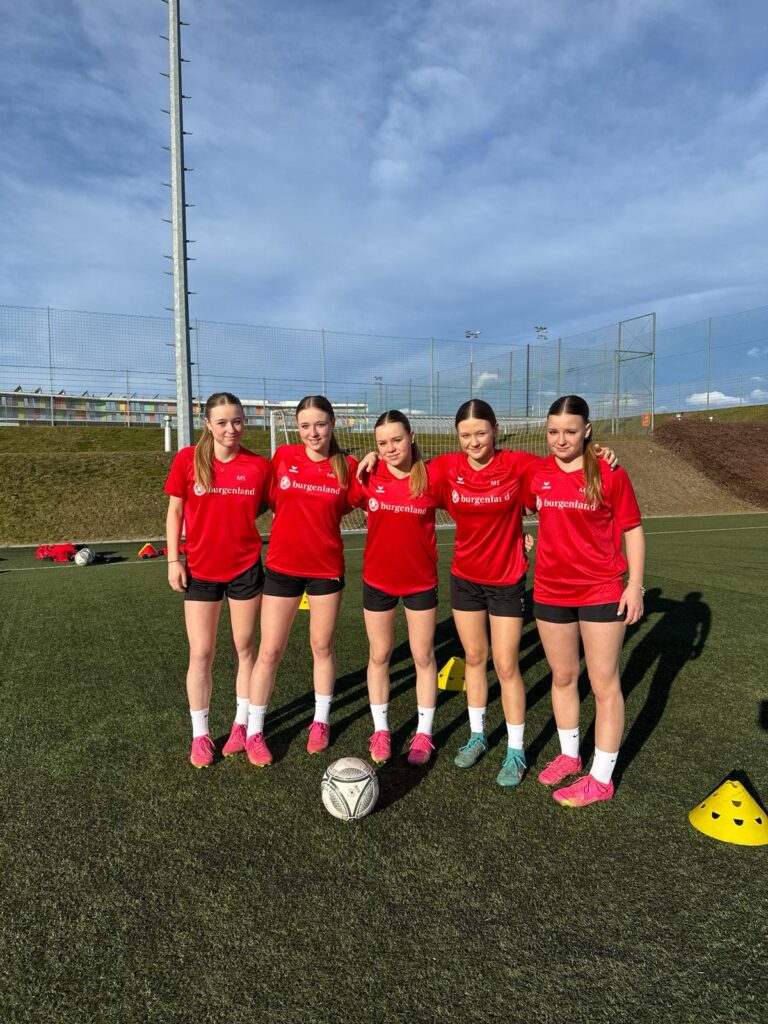
Women's football is currently undergoing dynamic development and is gaining in prestige and popularity worldwide. In this context, such initiatives have a crucial role to play as they can make an important contribution to the growth and sustainable development of women's football. The following section provides a detailed insight into various aspects of how targeted initiatives can have a sustainable and positive impact on women's football:
The development of young talent is a cornerstone of football's success. Initiatives should not only aim to attract girls to football at an early age but also to develop individual talents and skills. Identifying and developing promising young talent will lay the foundations for a successful future for women in football.
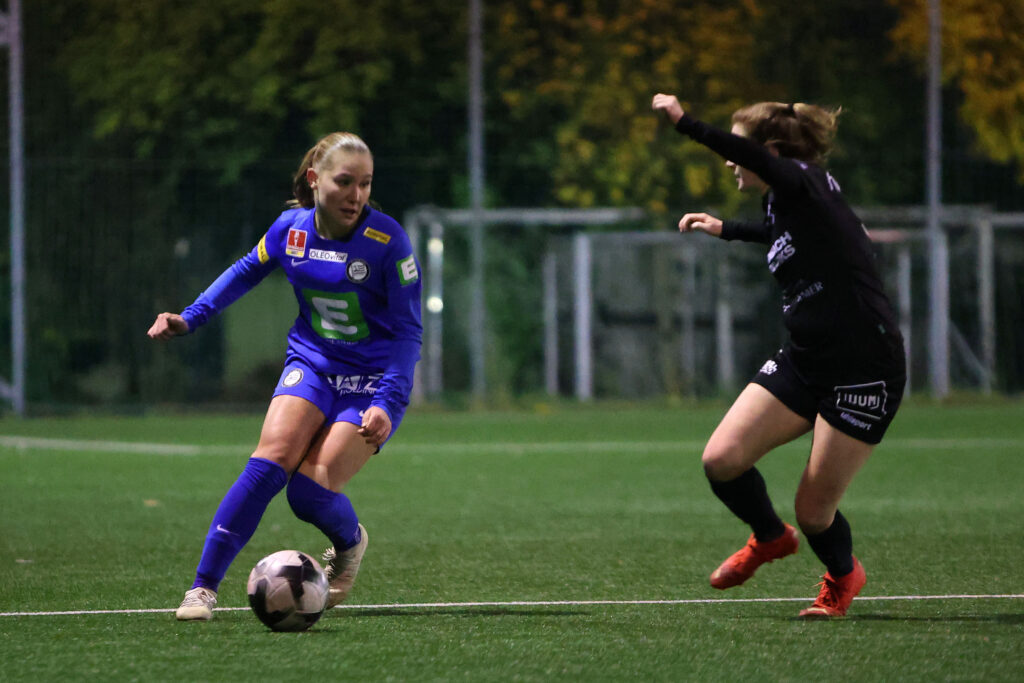
Establishing solid structures at the youth level is crucial to enable girls to make a seamless transition into adult football. Initiatives can help to establish girls' teams, promote participation in regional and national youth championships and run targeted programmes in schools and communities. This will provide a solid foundation for the development of promising female players.
Die Schaffung gleicher Bedingungen und Ressourcen im Frauenfußball ist entscheidend für seinen Erfolg. Initiativen sollten sich aktiv dafür einsetzen, dass Frauen- und Männerfußball gleichermaßen finanzielle Unterstützung, Trainingsmöglichkeiten, hochwertige Ausrüstung und Infrastruktur erhalten. Dies schafft eine ausgewogene Basis und fördert die Gleichberechtigung in diesem Bereich.
But why is there still such financial inequality in the world of football?
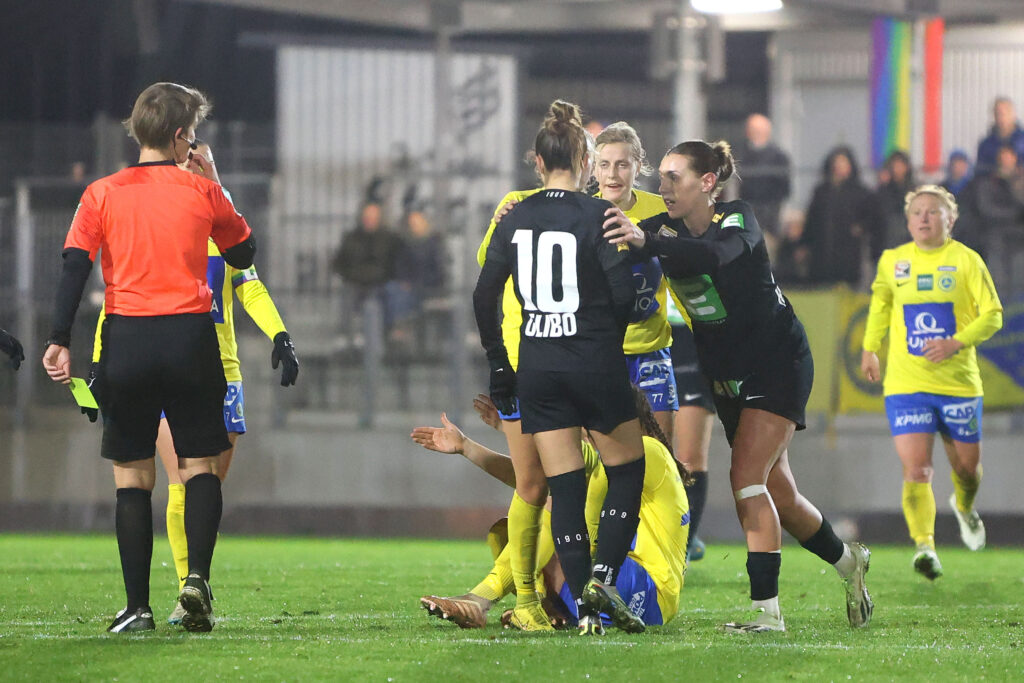
The seamless integration of girls and women into existing club structures is key to developing women's football. Establishing girls' teams and women's sections in football clubs increases the acceptance of women's football and its visibility. This is crucial to fostering long-term loyalty and enthusiasm for the sport.
Effective initiatives should raise public awareness of women in football and overcome existing stereotypes. Campaigns that highlight the successes of women's football teams and players help to break down prejudices and increase general interest in women's football. The basis for broad acceptance in society is created through targeted awareness-raising.
Targeted training and development of women's football coaches is essential. Initiatives can help to provide financial support for coaching courses in order to attract more qualified women as coaches. They will then act not only as sports coaches, but also as role models for young female players, which will strengthen identification and loyalty.
But why exactly is there still a lack of female trainers?
Actively supporting initiatives to organise women's football competitions and leagues not only creates incentives for players, but also increases the visibility and recognition of women's football at regional and national level. Playing in tournaments builds competitive spirit and helps develop top players.
To facilitate girls' access to football activities, initiatives must work with schools, sports clubs and other institutions. Targeted partnerships not only raise awareness of women's football, but also create more opportunities for young girls to get involved in the sport. These collaborations create a sustainable basis for the development of women's football on a broad societal level.
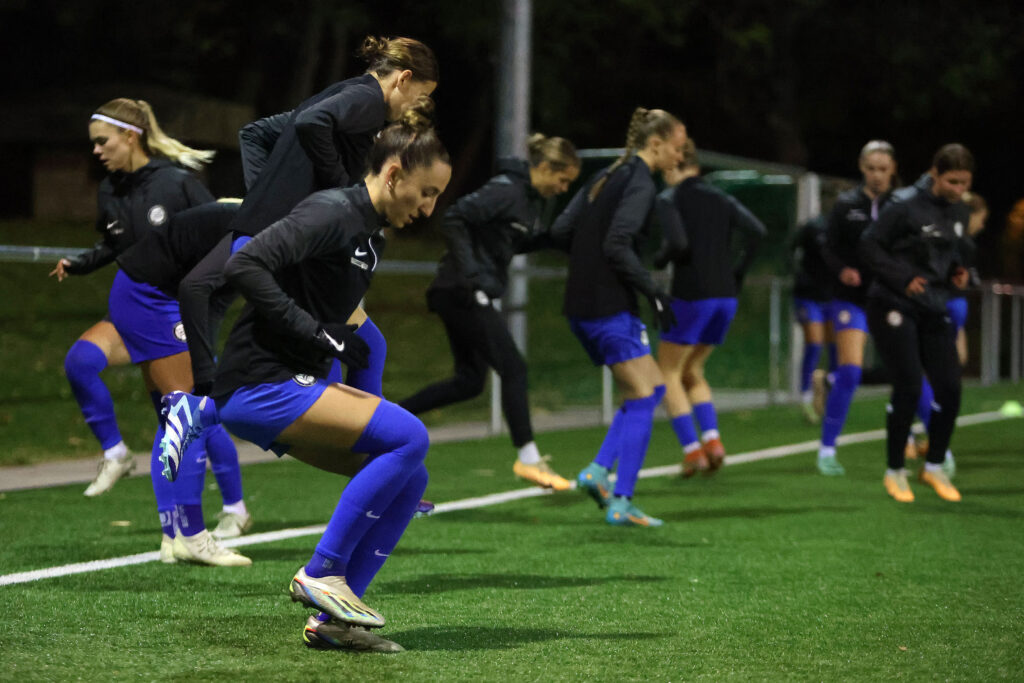
Yvonne Lindner and Nina Potz are project managers of the initiative real. girls. play. SOCCER. which works closely with the Burgenland Football Association. The two have set themselves the goal of promoting girls' and women's football in Burgenland. Both have plenty of experience in football - they used to play football themselves.
One initiative picks up where others leave off. While Disney's Playmakers (an initiative of the Austrian Football Association in cooperation with Disney) is aimed at getting girls of kindergarten age to play football, Real Girls Play Soccer is aimed at the next age group: primary school. Together with ASVÖ, special training sessions were organised for girls in primary schools across the country. They were then invited to attend training sessions at the club. The traditional try-outs have been moved to schools to give the girls an initial exposure to the sport and to the people at the club. Support centres were set up in all districts so that girls who wanted to play football could do so on a district-by-district basis and hopefully move on to a club in their area.
Another pilot project will be girls' school leagues, which will ensure that girls and boys have equal opportunities in school sport. Previously, girls could only play in the boys' school leagues. This meant that they were often outnumbered. This girls' school league is only possible thanks to government funding, which covers the costs. A football talent development programme has been set up to support talented players at district level. To get more girls interested in football, one thing is needed above all else: female role models. Football still has a very masculine connotation. The majority of coaches are male. Real Girls Play Soccer has a solution to this problem as well: part of the cost of the coaching course is covered by the project. This is a further incentive for clubs to target women for coaching training. The financial barrier is removed.
In Burgenland, girls are encouraged to play football from an early age: It pays off. Although Burgenland is currently the only province without a women's league, this is set to change in the coming years. Nina Potz and Yvonne Lindner are certain of this, as this is the age group that is missing in girls' and women's football and one of the goals that the two have been working towards since the initiative was founded.
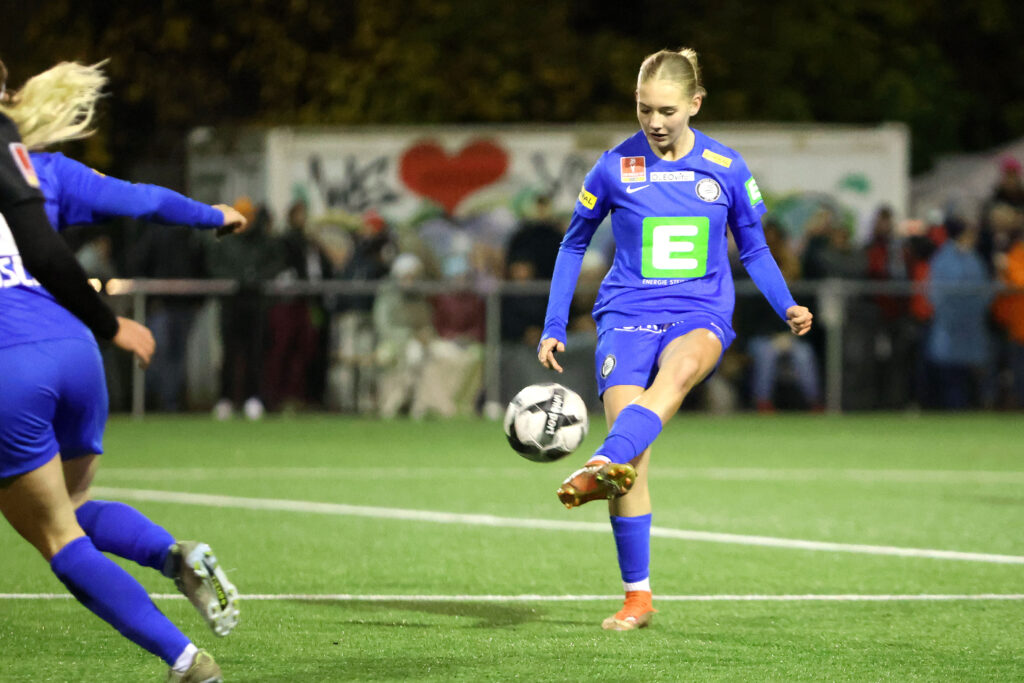
We need more initiatives like Real Girls Play Soccer. For equality to finally prevail in football, all children must have access to the same basic conditions. The development of girls' and women's football in Burgenland is impressive. It is to be hoped that more initiatives based on this model will be established and that girls' and women's football will receive the attention it deserves throughout Austria.